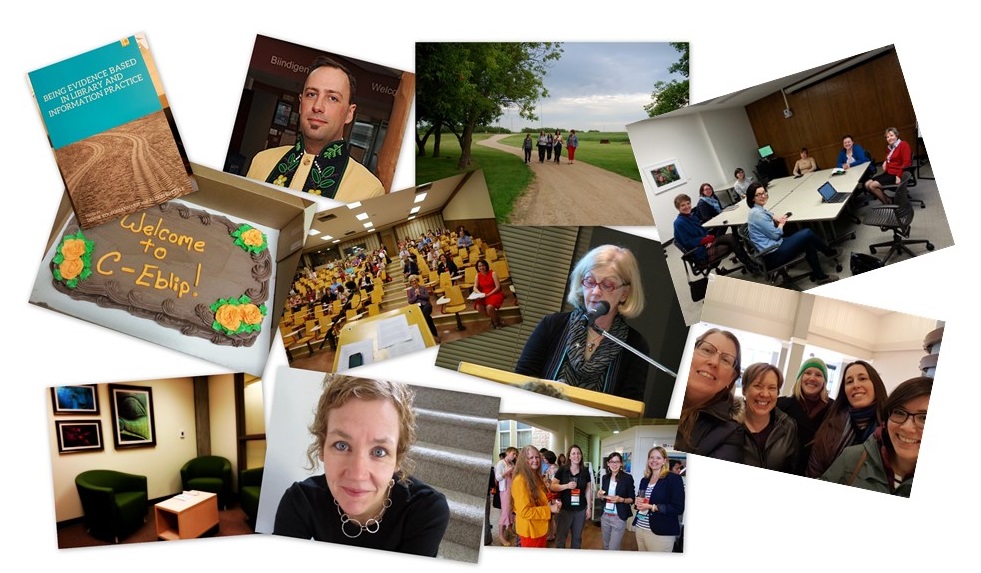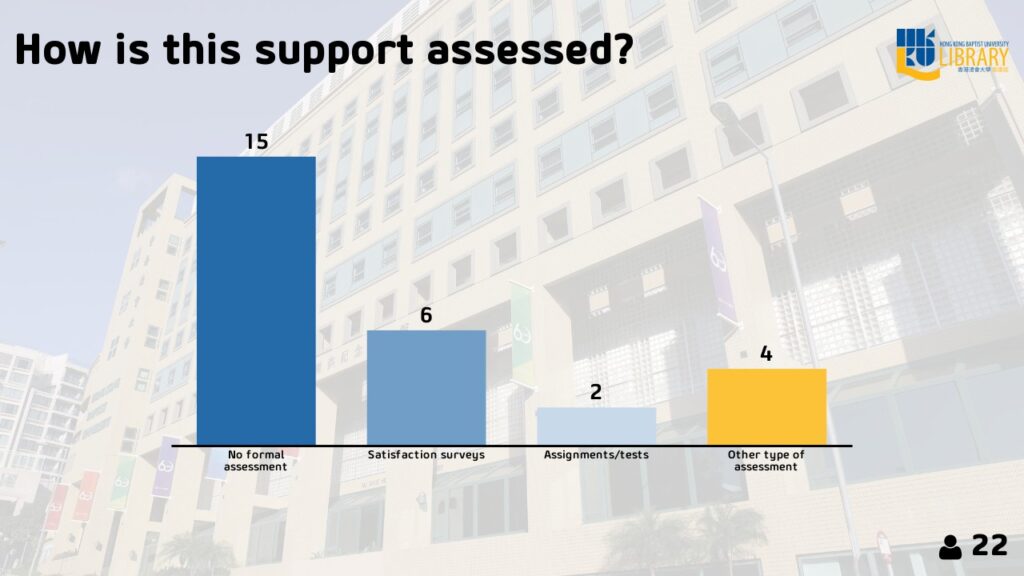By Candice Dahl,
Learning Services Librarian, University of Saskatchewan
The topic of October’s C-EBLIP journal club at the University of Saskatchewan (USask) library was learning analytics in libraries based on a blog post by April Hathcock and a YouTube video by Beauchamp and Rawls of Florida State University. The video by Beauchamp and Rawls defines learning analytics as “the measurement, collection, analysis and reporting of data about learners in their contexts, for purposes of understanding and optimizing learning and the environment in which it occurs.” The use of learning analytics in libraries has been the subject of much critical discussion. While some champion the use of learning analytics, practitioners of critical librarianship and others raise noteworthy criticisms of the learning analytics movement.
One argument made against the use of learning analytics is based on the core library value of privacy. Beauchamp and Rawls argue that the use of learning analytics breaches student privacy and is therefore unethical. Students are typically not aware of the data being collected about them or how it is being used. April Hathcock (Hathcock, 2018) opposes learning analytics on the basis that “metrics and assessment are for property and animals, and people considered property and animals,” while Rawls also notes that that our work and value in libraries and universities should not be quantified. At a time when education is being corporatized and library value is tied to measurable metrics, Hathcock proposes that we resist the use of learning analytics by focusing instead on facilitating student agency – by informing students of the practices of their institution, and educating and empowering them to resist or participate in an informed way.
Beauchamp and Rawls also make the argument that learning analytics do not document learning but rather demonstrate students’ procedural compliance: they measure how well students follow our (library) procedures, as a way of proving our value to our institutions rather than measuring what or how well students learn. Closely tied to the issue of compliance is the notion of power. Through surveillance and bureaucracy, learning analytics research functions as an exercise in power, represents a colonial approach to research, and overlooks the humanity of our students by turning them into data points (Rawls).
Our discussion centered on the need to develop clear goals for any investigations into optimizing student learning, and to ensure that we do not use learning analytics to actually measure ourselves and our performance (as a library) rather than student learning. We thought of many questions to ask ourselves before getting involved in such an undertaking. What could we learn about students’ interaction with libraries that would be helpful to us? How do we ensure that the data we collect is meaningful? And how committed are we to actually making positive changes in response to meaningful data?
We also wondered about ways to impact student learning in more personalized and human-centric ways. Can our face-to-face interactions with students achieve results similar to interventions based on learning analytics? Could we have a positive impact on the students we don’t see in libraries by using learning analytics? And, based on the work of Rawls, we considered how reliance on learning analytics could impact students from underrepresented and minority groups, who may already be wary of additional surveillance and who may use our spaces and services in very different ways. Will learning analytics help us discover useful interventions for these students, or reinforce inaccurate perceptions?
Overall we concluded that libraries should consider how to define their value in non-corporatized, non-colonial ways, and how to engage students ethically and sensitively in optimizing their learning environments. Ultimately, determining whether or not to employ learning analytics in libraries should be guided by our profession’s values and ethics, not just our desire for information.
References
Beauchamp, Adam, and Mallary Rawls. “In Search of a Just and Responsible Culture of Assessment.” YouTube, uploaded by Beauchamp and Rawls, 31 Aug. 2020, https://www.youtube.com/watch?v=t6f_1QvAu_A&feature=youtu.be.
Hathcock, April. “Learning Agency, Not Analytics.” At the Intersection, 24 Jan. 2018, https://aprilhathcock.wordpress.com/2018/01/24/learning-agency-not-analytics/. Accessed 24 Oct. 2020.



